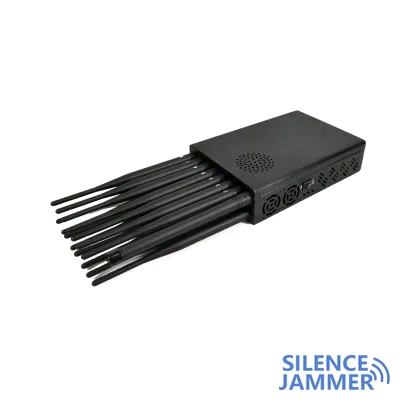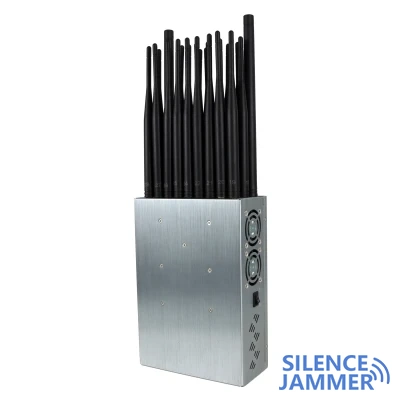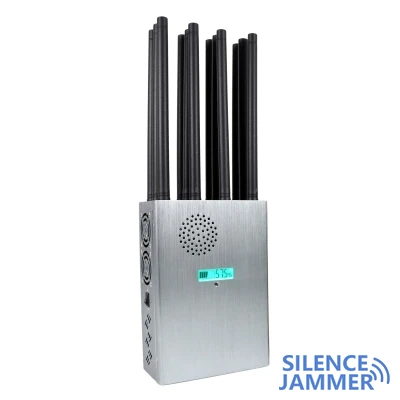In recent years, Bangalore Central Jail has been struggling to deal with the problem of prisoners implementing criminal instructions through mobile phones. Although the authorities installed 19 signal jammer devices in the prison as early as 2013 to prevent prisoners from using mobile phones to contact the outside world, the technology of these blockers is outdated. According to prison officials, these signal jammers mainly target 2G and 3G signals, while most prisoners now use 4G smartphones, and even 5G devices may appear in the future. This makes the phone signal jammers incapable of blocking modern communications.
The dilemma of maintenance and technology update of old equipment
- Despite the limited effect of the jammer devices, the Indian government still chose to renew the annual maintenance contract (AMC) with the Electronics Corporation of India (ECIL) in Lucknow to maintain the basic functions of these old equipment. According to official sources, while these blockers are still somewhat effective in blocking 2G mobile phones, they are useless against 4G and even the upcoming 5G mobile phones. This means that despite spending tens of millions of rupees on maintenance every year, the jamming effect is still limited.
- "Existing jammer blockers cannot block 4G mobile phone signals, and updating to devices that support 4G and 5G requires higher costs," said an official familiar with the matter. This not only puts prison management under great economic pressure to update technology, but also makes it possible for prisoners to plan criminal activities through mobile phones in prison.

The dual challenges of technology and prison management
Officials at the Bangalore Central Jail said that although signal jammer devices cannot completely block illegal communications, they are still one of the most effective solutions at present. However, due to the old equipment, the prison department has to consider other alternatives, such as strengthening the monitoring of calls or introducing more advanced technology. "Although jammer blockers are not foolproof, we have no choice but to try our best to use existing technology," the official added.

Bangalore Central Jail has long faced the dilemma of prisoners obtaining mobile phones through illegal means. When visiting, prisoners' families sneak mobile phones, SIM cards and even drugs into prisons through various means, and these devices are often used to plan organized crimes. In recent years, there have been many cases of murder, extortion and even cross-border telephone calls planned through mobile phones in prisons. It is reported that a few years ago, a prisoner even made a call to Pakistan from prison, which aroused concerns about prison security management.
The signal blocker problem in Bangalore Central Prison reflects the dilemma faced by the Indian prison system in dealing with the security challenges brought by modern technology. Although the deployment of signal jammer devices can suppress some illegal communications in the short term, its backward technology and high maintenance costs make it difficult to meet actual needs. In the future, prison management departments need to find a balance between technological innovation and budget control to ensure prison safety and social stability.





